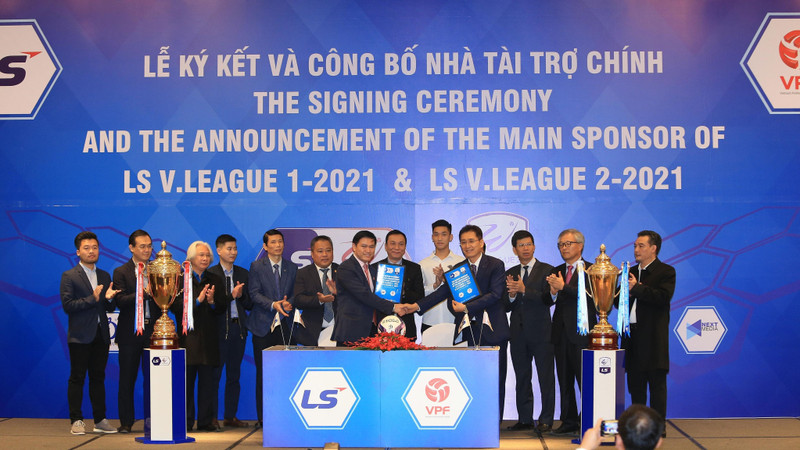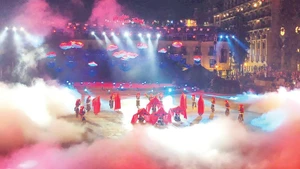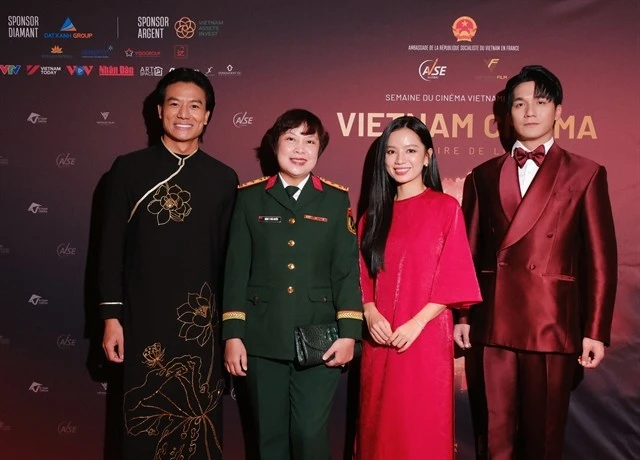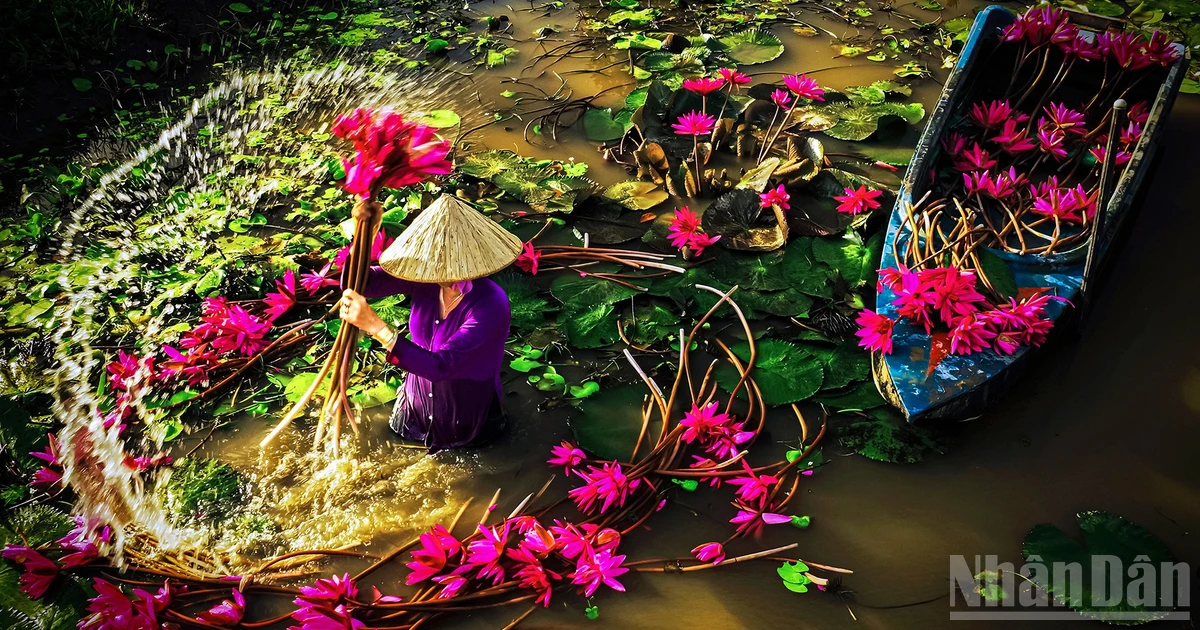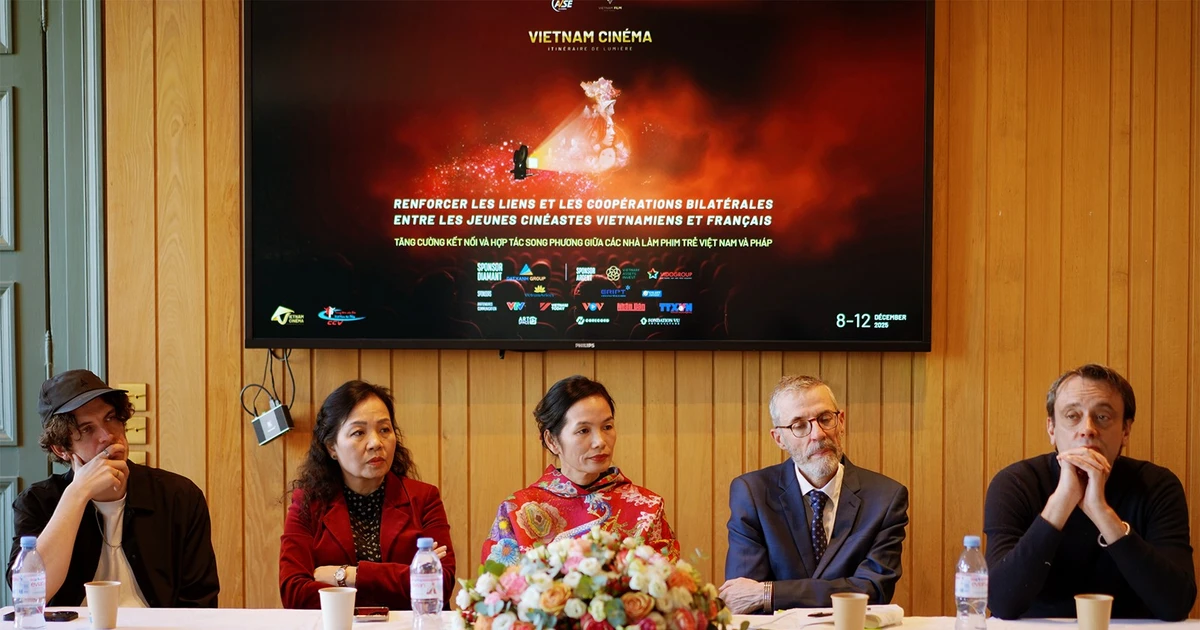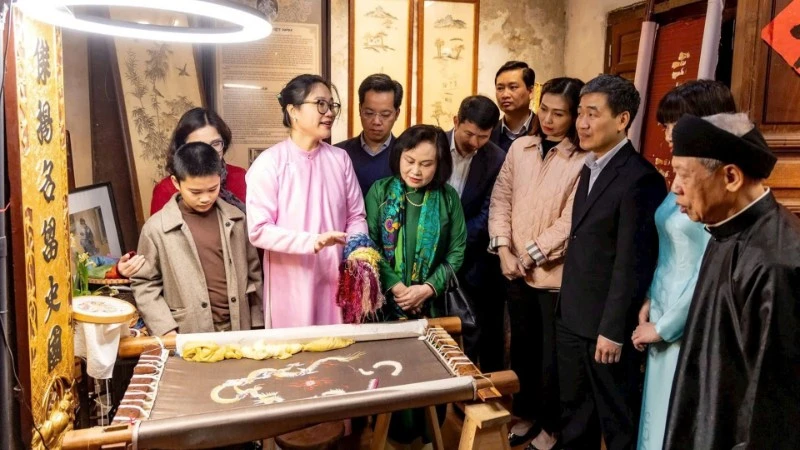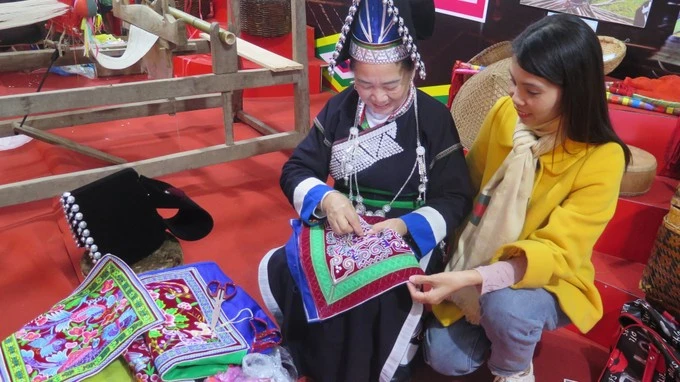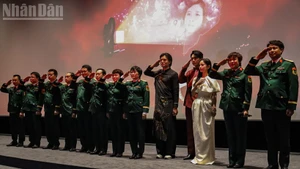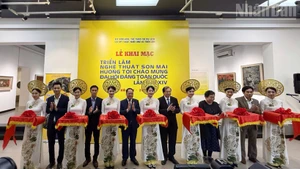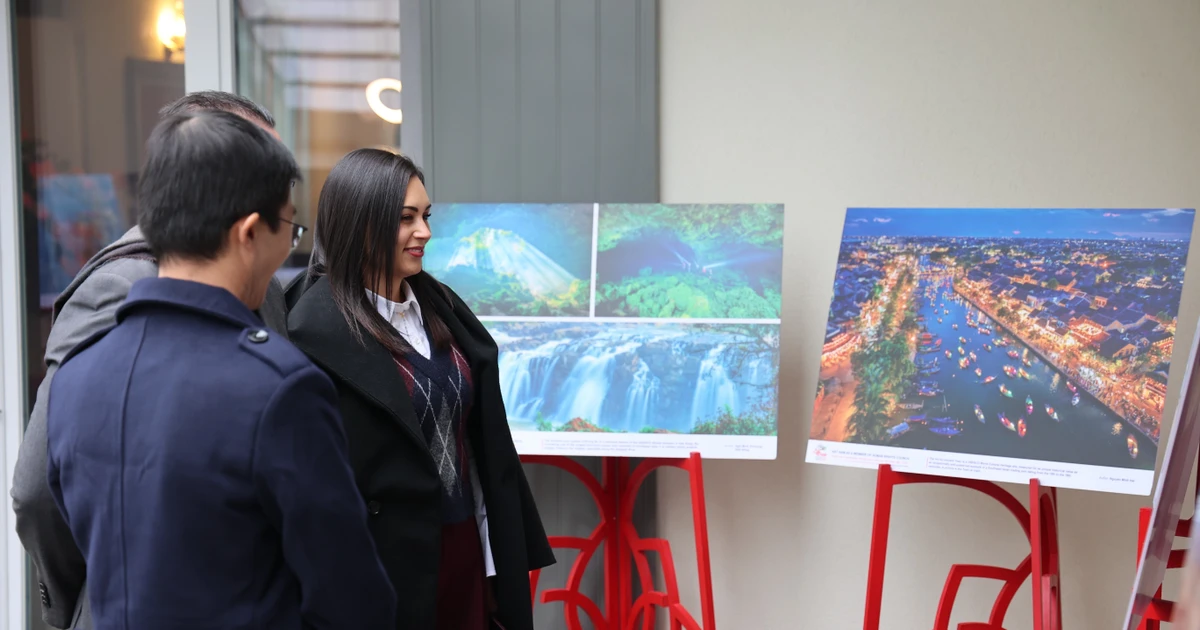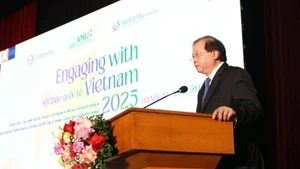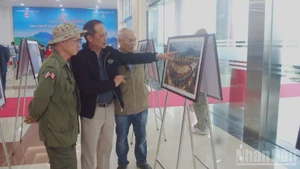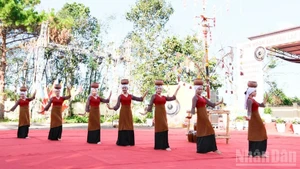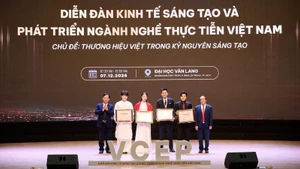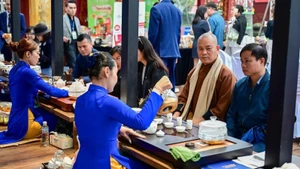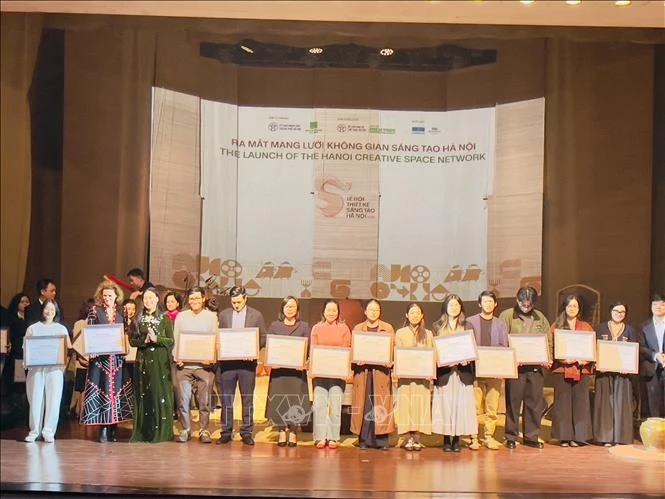In recent years, our country has achieved many important achievements in the field of culture and sports. The performers have won many national and international awards. Vietnamese sports have obtained outstanding achievements in the Southeast Asian region. Several spearhead sports have confidently entered the world arena. The people's demand to enjoy increasingly diverse culture and art has been gradually satisfied. Many tangible and intangible cultural heritages of Vietnam have been recognised by the world and initially promoted their own values, thus serving the country's socio-economic development.
However, there are also alarming phenomena of cultural and social degradation, especially in the behaviour between people and people, people and heritages, people and the environment, etc. Therefore, it is necessary to properly perceive the role, position and importance of culture for the comprehensive development of the country and improve human values, from which to mobilise social resources for cultural development.
It is a fact in the field of culture and art, excluding some subjects and art forms belonging to the entertainment industry such as cinema, theatre and music, that when they operate on their own, they can still "live", meanwhile, other arts including literature, fine arts, photography, dance, and folk art, still need the State's support in most activities.
However, the resources of the State are limited, so if they expect and rely on this support, it will be difficult to have strong resources for each cultural and artistic sector to make a breakthrough. In the fourth industrial revolution era, when most fields and things move so fast that each subject is considered like a boat, going against the current will be pushed back.
Therefore, mobilising all resources from society for the comprehensive development of culture is the appropriate policy and direction, as concluded by Prime Minister Pham Minh Chinh at a working session with the Ministry of Culture, Sports and Tourism on June 2.
In fact, there is currently no shortage of benefactors in our country. They are willing to spend billions to donate to sports federations and athletes with outstanding achievements; or sponsor to invite the world's leading classical orchestras to Vietnam to perform; art programmes of great political and cultural significance; and free open contemporary art centres.
However, this huge social resource has not been fully mobilised, primarily because is has not been taken seriously. The sponsorship mostly happens spontaneously, depending on the donor's relationship and feelings, not on the necessity, sustainable development, and cultural and artistic pervasiveness in society. The means to mobilise social resources also lacks richness and diversity, and has not followed market rules.
One of the problems when mobilising is that we don't know how to convince donors of the effectiveness of using resources in each specific area. In addition, we have not used all available resources such as grassroots cultural institutions in many localities across the country. Therefore, if there is a suitable way and mechanism to promote public-private cooperation, the use will bring efficiency and avoid loss and waste.
Culture and art is a specific field, so it needs to be treated with appropriate measures and policies. Therefore, in the coming time, State management agencies, professional associations, cultural and art organisations need to propose appropriate mechanisms and policies to attract and call for more social resources to serve the development of Vietnamese culture and people.
